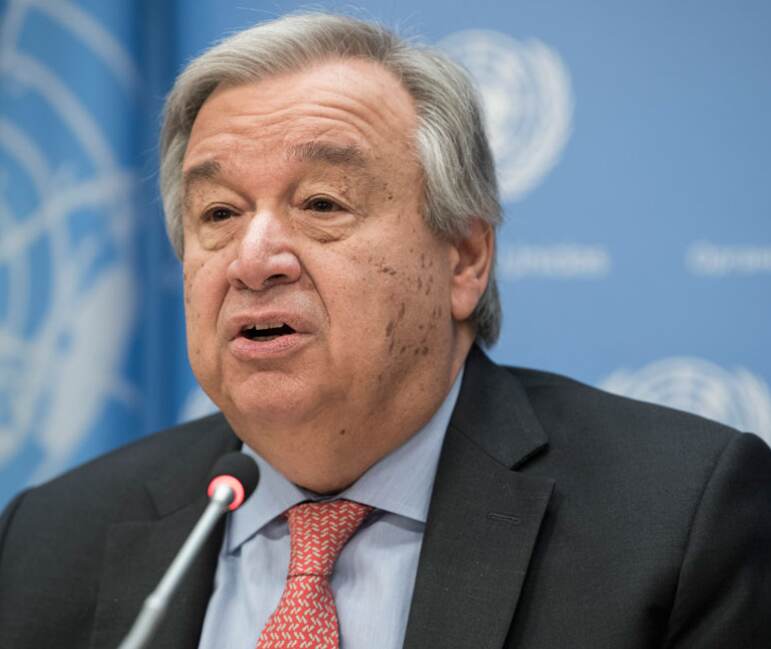Russia's Shocking Withdrawal from Global Grain Accord Threatens Food Security for Developing Countries
Russia's withdrawal from the UN-brokered accord for Ukrainian grain export is expected to have devastating consequences for developing countries and global food security. UN Secretary-General Antonio Guterres seeks to salvage the agreement but has faced disappointment from Moscow.
In a major blow to global food security, Russia has decided to withdraw from the UN-brokered accord that facilitated the export of more than 30 million tonnes of Ukrainian grain to global markets.
The accord, known as the Black Sea initiative, had been agreed upon by Russia, Ukraine, Türkiye, and the UN in Istanbul last July. The expiration of this agreement, along with the parallel accord between the UN and Russia on grain and fertilizer exports, is expected to have devastating consequences for developing countries.
UN Secretary-General Antonio Guterres expressed deep disappointment at Russia's decision, stating that it will have a detrimental impact on struggling people everywhere. The grain initiative and the Memorandum of Understanding with Russia were seen as a lifeline for global food security and a beacon of hope in a troubled world.
BREAKING: Russia halts wartime deal allowing Ukraine to ship grain. This could be a significant blow to global food security.
— The Food Professor (@FoodProfessor) July 17, 2023
These agreements had helped to reduce food prices by over 23 percent since March last year, providing relief to hunger-stricken regions such as Afghanistan, the Horn of Africa, and Yemen.
Despite the setback, Guterres remains determined to advance global food security and price stability. He has sent a letter to Russian President Vladimir Putin, proposing a new plan to keep the Black Sea Initiative alive.
This plan outlines the significant progress made in Russia's grain trade and fertilizer markets and details UN efforts to facilitate trade amid sanctions. Guterres's proposal, unfortunately, did not receive a positive response from Moscow. While deeply regretting Russia's withdrawal, UN General Assembly President Csaba Kőrösi has called for parties to return to dialogue.
He emphasized the importance of finding a solution to the complex challenges that lie ahead and expressed hope that it is not too late to salvage the initiative. The collapse of the landmark accord highlights the interconnectedness of global food security and the urgent need for cooperation and dialogue.
The UN will continue its efforts to ensure that food products and fertilizers from both Ukraine and Russia can still reach international markets. Despite the disappointing turn of events, the goal of advancing global food security remains at the forefront of UN priorities in order to mitigate the rise in human suffering resulting from this decision.




